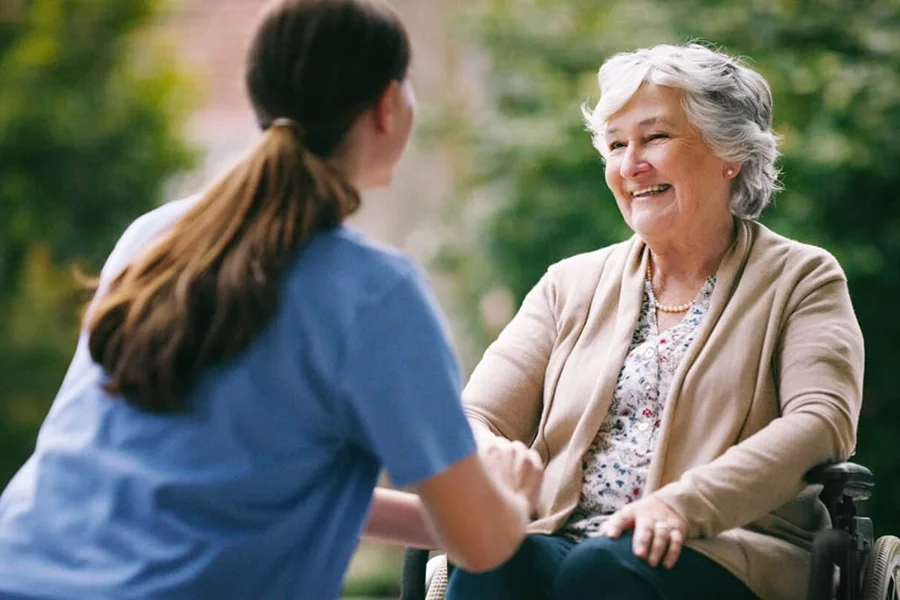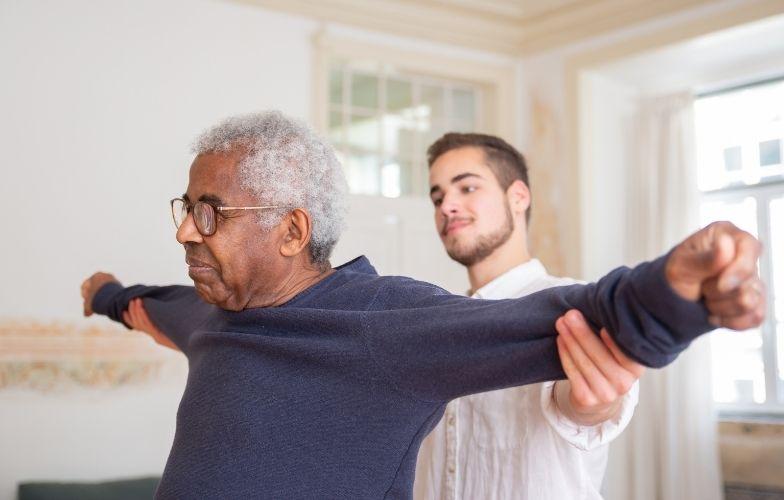Caring for elderly loved ones is both a privilege and a responsibility. As our parents and grandparents age, their physical and emotional needs evolve, requiring thoughtful strategies to ensure their safety, health, and happiness. Effective elder care goes beyond meeting basic needs—it fosters dignity, autonomy, and connection. Below are essential principles to guide families in this journey.

1. Understanding Individual Needs
Every senior has unique challenges. Some may struggle with mobility, while others face cognitive decline. Begin by observing daily routines: Can they cook safely? Are medications taken consistently? Open, non-judgmental conversations help identify hidden concerns, such as loneliness or anxiety about declining independence.
2. Collaborative Decision-Making
Involving elders in care decisions empowers them. For instance, when discussing home modifications, ask, “Would grab bars in the bathroom make you feel safer?” This approach preserves their sense of control. Studies show that seniors who participate in care planning experience lower rates of depression and higher life satisfaction.
3. Creating a Safe Home Environment
Simple home adjustments prevent accidents. Install non-slip flooring, ensure adequate lighting, and lower shelves for easy access. Consider smart devices like emergency alert systems. A 2021 study found that such modifications reduce fall-related injuries by up to 60%.
4. Encouraging Physical Activity
Regular movement is vital. Chair yoga improves flexibility without strain, while nature walks boost mental health. For those with arthritis, water aerobics offers low-impact exercise. Even small efforts—like stretching during TV commercials—can enhance circulation and mood.
5. Navigating Healthcare Together
Attend medical appointments with your loved one. Take notes, ask questions, and clarify treatment plans. For complex conditions like dementia, seek specialists who prioritize patient-centered care. Tools like pill organizers with alarms can simplify medication management.
6. Organizing Legal and Financial Documents
Ensure wills, power of attorney, and insurance policies are updated. Approach these conversations gently: “Let’s make sure your wishes are honored.” Professional advisors can mediate sensitive discussions about long-term care costs.
7. Balancing Professional Support
Hiring a caregiver can alleviate family stress. Look for agencies with rigorous training programs. For example, Arogin Care Home pairs seniors with certified professionals trained in empathy and crisis management. Respite care services also give family caregivers time to recharge.
8. Prioritizing Nutrition
Aging affects dietary needs. Collaborate with a nutritionist to design meals rich in calcium, fiber, and protein. For those with swallowing difficulties, blended soups or soft foods ensure safety without sacrificing taste. Shared meals also combat isolation.
9. Maintaining Emotional Connections
Frequent visits matter. Play board games, reminisce over photo albums, or simply share a cup of tea. Technology bridges gaps for distant families—video calls or voice messages keep bonds strong.
10. Supporting Caregivers
Caregiver burnout is real. Encourage self-care through support groups or counseling. Organizations like Arogin offer workshops on stress management, recognizing that a caregiver’s well-being directly impacts the quality of care provided.

Choosing the Right Care Facility
When home care isn’t enough, research facilities thoroughly. Visit potential homes unannounced, observe staff interactions, and review inspection reports. Arogin Care Home, for instance, combines medical expertise with homely comforts, offering personalized care plans and 24/7 nursing support.



